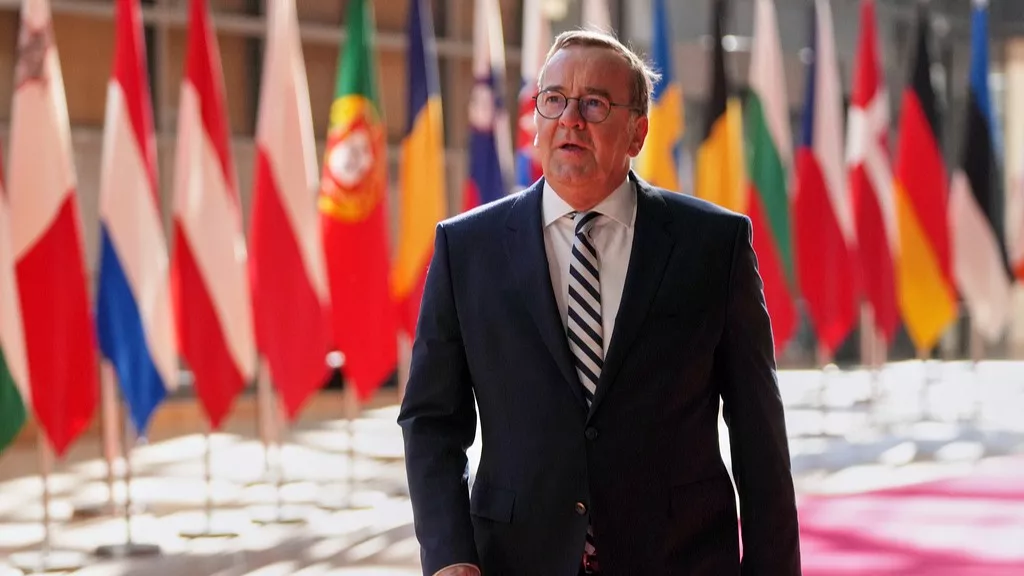The World Health Organization (WHO) has reported that more than 14.5 million people in Sudan have been displaced internally and across borders due to the escalating humanitarian and political crisis in the country.
The data, released in a statement on May 27, 2025, highlights the devastating impact of ongoing armed conflict and political instability, which has pushed millions into precarious conditions with limited access to healthcare, shelter, food, and clean water.
Health System on the Brink
According to the WHO, Sudan’s healthcare infrastructure is collapsing under the weight of displacement, violence, and chronic underfunding. More than 70 percent of hospitals in conflict zones are reported to be non-functional, and medical personnel are struggling to operate amid attacks and shortages of supplies.
“This is not just a displacement crisis—it is a public health emergency,” the WHO warned.
Outbreaks of cholera, measles, and malaria have been reported in several states, with a rising number of deaths linked to preventable diseases and malnutrition.
Regional Spillover Effects
The crisis has also created significant pressure on neighboring countries, including Chad, Egypt, South Sudan, and Ethiopia, which are receiving large numbers of refugees. Many border regions lack the infrastructure to accommodate the influx, leading to overcrowded camps and rising tensions over resources.
The WHO stressed that the displacement is fueling a broader regional humanitarian emergency, with long-term implications for stability and public health across East Africa and the Sahel.
International Aid Urgently Needed
Humanitarian agencies, including the WHO and the United Nations, are calling for increased international funding and safe access for aid workers. As of now, only a fraction of the UN humanitarian appeal for Sudan has been funded.
The agency warned that unless more support is mobilized, the situation will continue to deteriorate rapidly, placing millions at immediate risk of disease, hunger, and death.
Ongoing Conflict and Political Stalemate
Sudan has been gripped by violent conflict since April 2023, when clashes broke out between the Sudanese Armed Forces (SAF) and the Rapid Support Forces (RSF). Attempts at negotiating a ceasefire have repeatedly failed, and both sides continue to battle for control in urban and rural areas.
Civilians have borne the brunt of the conflict, facing indiscriminate shelling, forced displacement, and a collapse in basic services.
The WHO concluded its statement by urging all parties to the conflict to respect international humanitarian law, allow safe corridors for civilians, and prioritize the restoration of basic services, including healthcare. The global health body reiterated its commitment to working with partners on the ground to reach those most in need.
Source; Egypt Today



